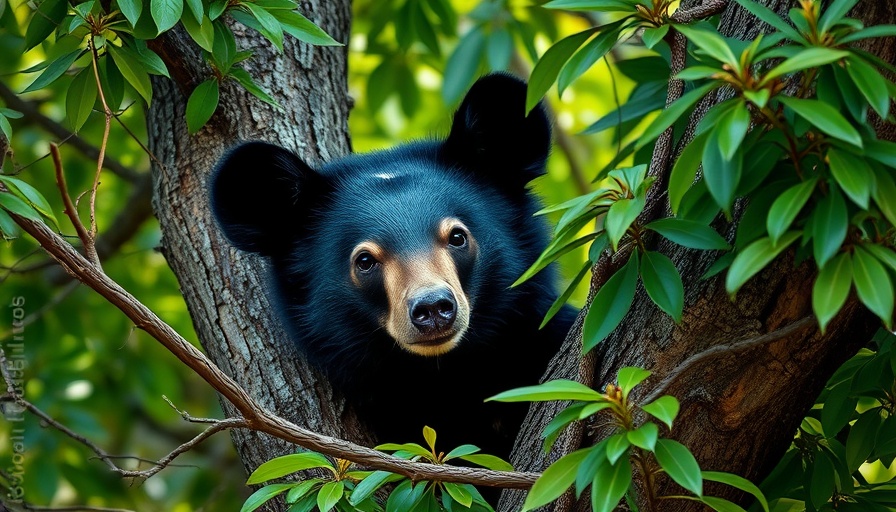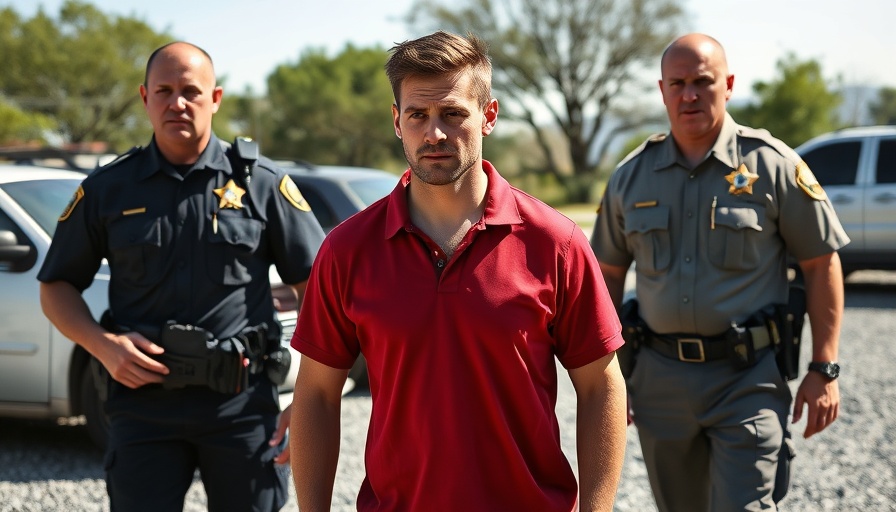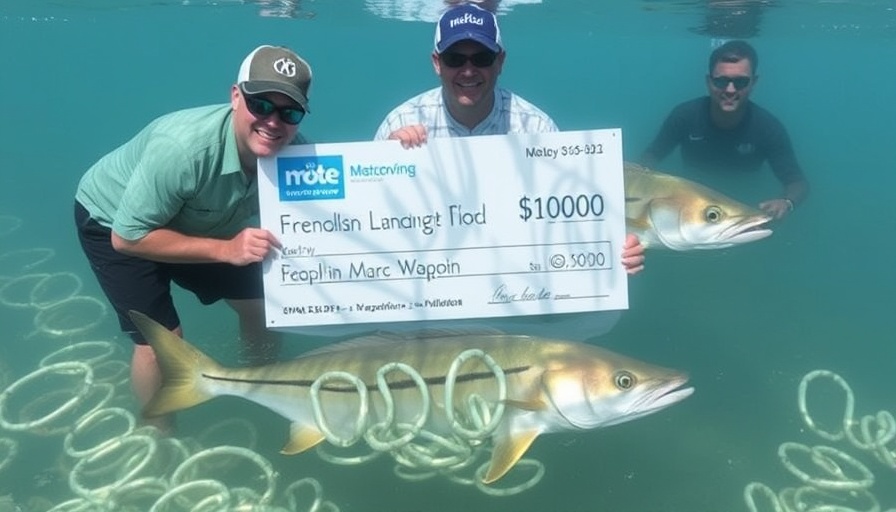
Florida's Black Bear Population on the Rise: A Cause for Celebration and Debate
The Florida Fish and Wildlife Conservation Commission (FWC) is gearing up for a significant decision that could mark the state's first black bear hunt in a decade. As wildlife officials convened in Ocala, their 4-1 vote to amend hunting regulations has raised both hope and concern among Floridians. This pivotal moment aims to manage the black bear population, which has seen a remarkable resurgence since the species was nearly wiped out in the 1970s.
From Threatened to Thriving: The Bear's Journey
In the past, the Florida black bear faced dire challenges, dwindling to a few hundred individuals. Thanks to conservation efforts, the population rebounded, leading to its delisting as a threatened species in 2012. According to FWC, the current numbers may indicate that bear subpopulations are sufficiently robust to withstand regulated hunting. This evolution highlights the importance of ongoing wildlife management, championed by stakeholders who insist that regulated hunting is a legitimate method to balance bear populations.
The Controversial 2015 Hunt: Lessons Learned
The last bear hunt in Florida, held in 2015, ended with nearly 300 bears killed in just two days—an outcome that raised ethical questions and ignited public outcry. Critics, such as Adam Sugalski from One Protest, argue that such swift slaughter emphasizes a troubling disregard for wildlife welfare. As the state contemplates a new hunt, these controversies linger, prompting calls for a more comprehensive plan that considers ethical hunting practices while still ensuring population control.
Public Sentiment: Voices from Both Sides
Community feedback has been pivotal as FWC prepares for another potential hunt. During recent public meetings, supporters argued that hunting is vital for maintaining a healthy ecosystem, while opponents clamor for non-lethal methods to manage the bear population. This divide underscores the importance of transparent dialogue among all stakeholders, from conservationists to local residents, aiming to create solutions that respect both wildlife and human interests.
The Future of Florida's Black Bears: What Lies Ahead?
As FWC prepares for the final vote in August, the implications of this decision extend beyond just local communities. The potential black bear hunt serves as a litmus test for wildlife management approaches nationwide. Will Florida serve as a model for balancing conservation efforts with regulated hunting? The outcome will likely influence similar discussions in other states concerning wildlife management and conservation practices.
As this critical conversation unfolds, it's essential for Floridians and wildlife advocates alike to stay engaged. Understanding the complex relationships between humans and wildlife can pave the way for more informed decisions and harmonious living. Interested readers are encouraged to join forums or community discussions to voice their opinions and foster a collaborative approach to wildlife issues.
 Add Row
Add Row  Add
Add 


Write A Comment